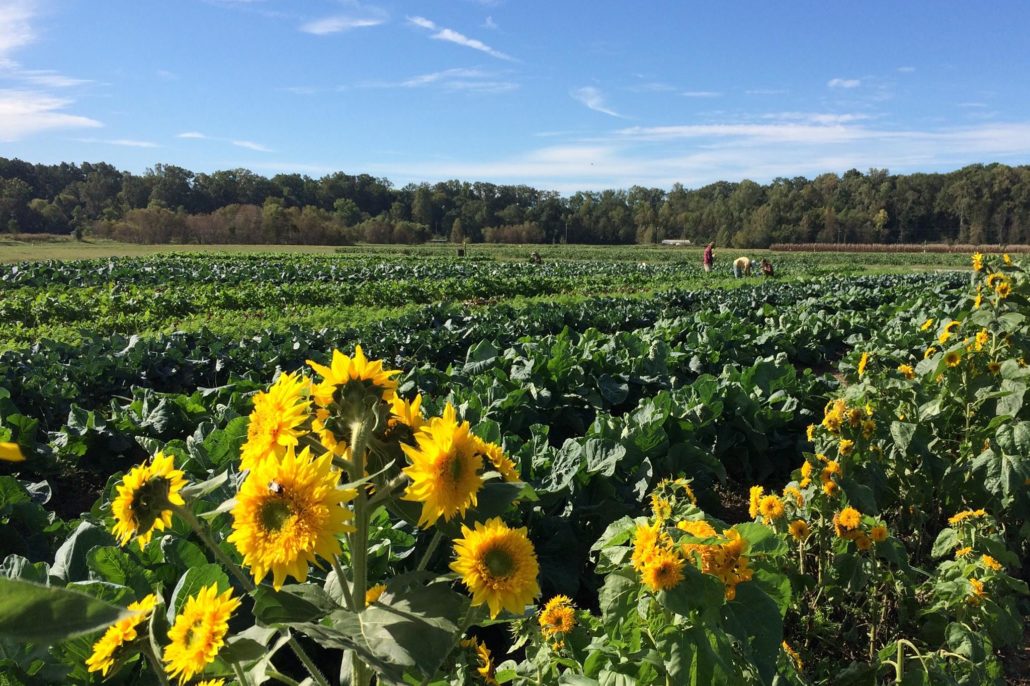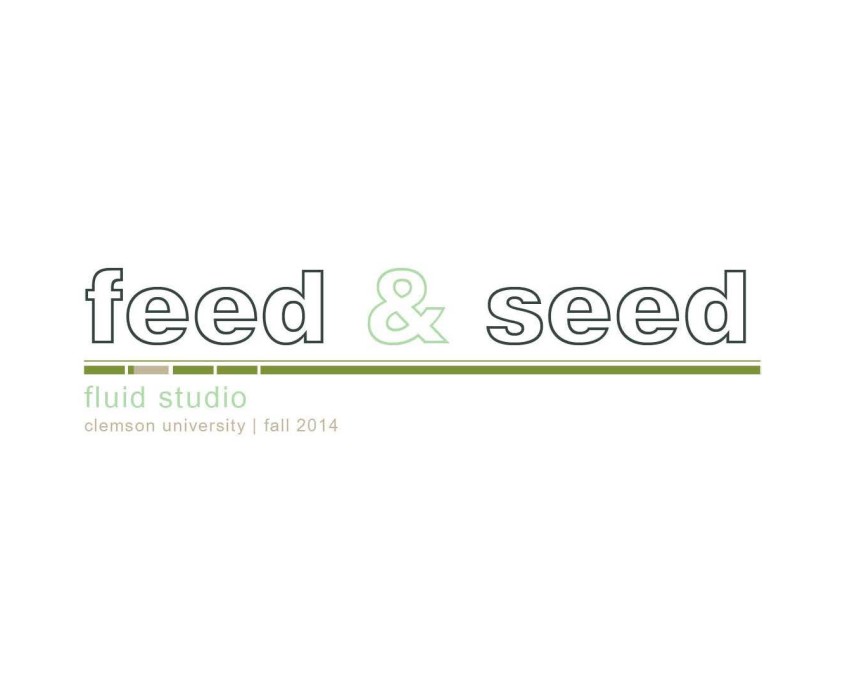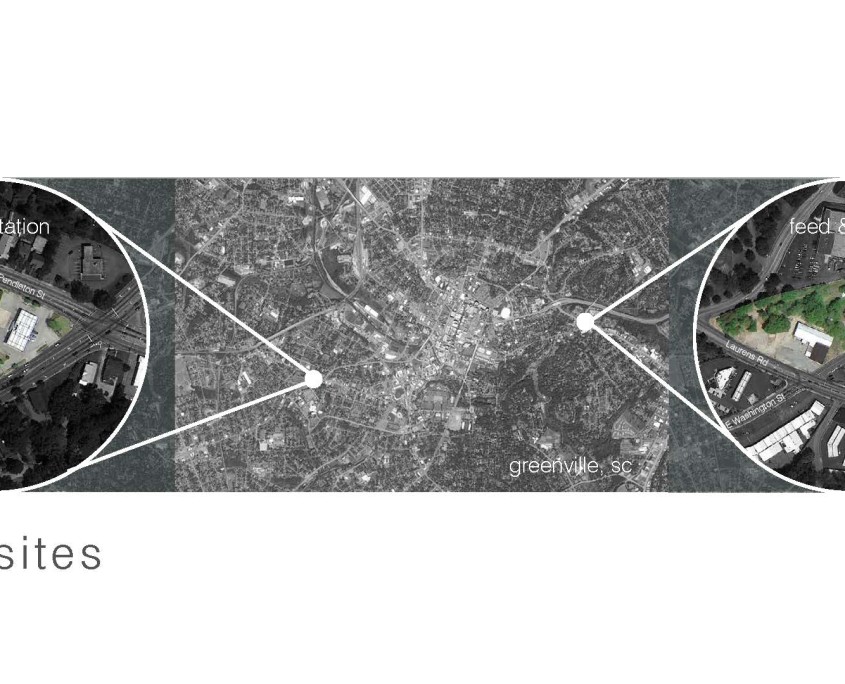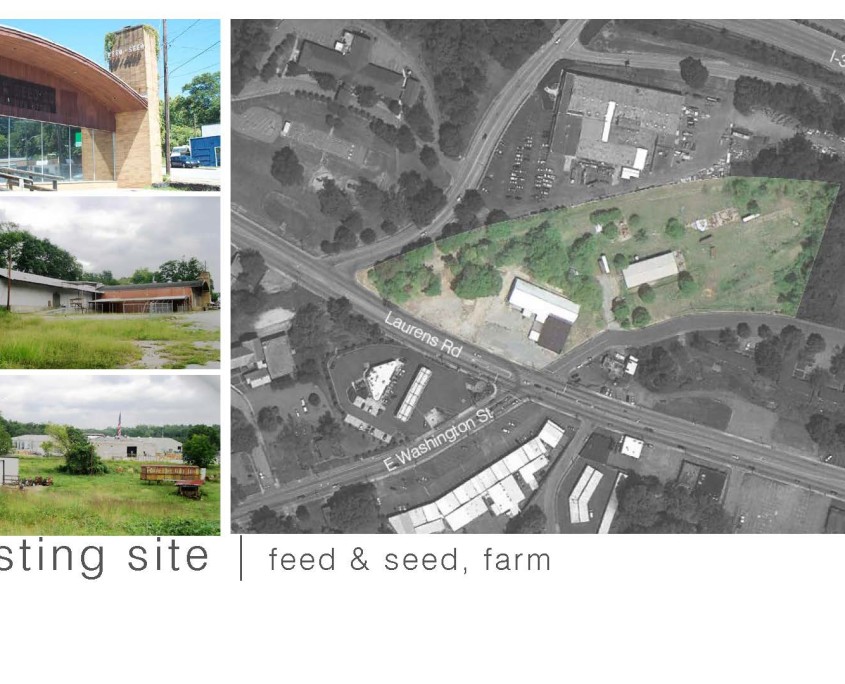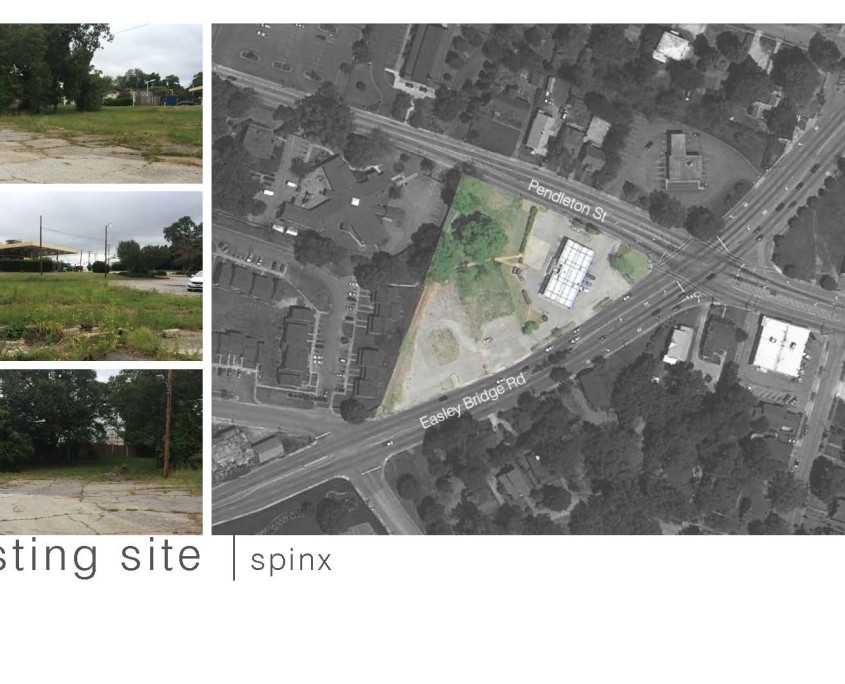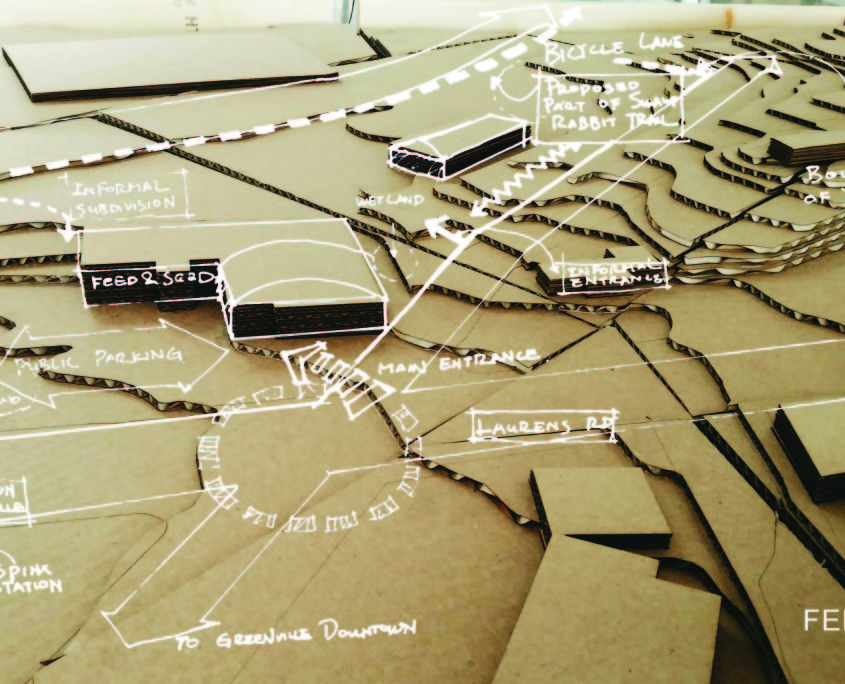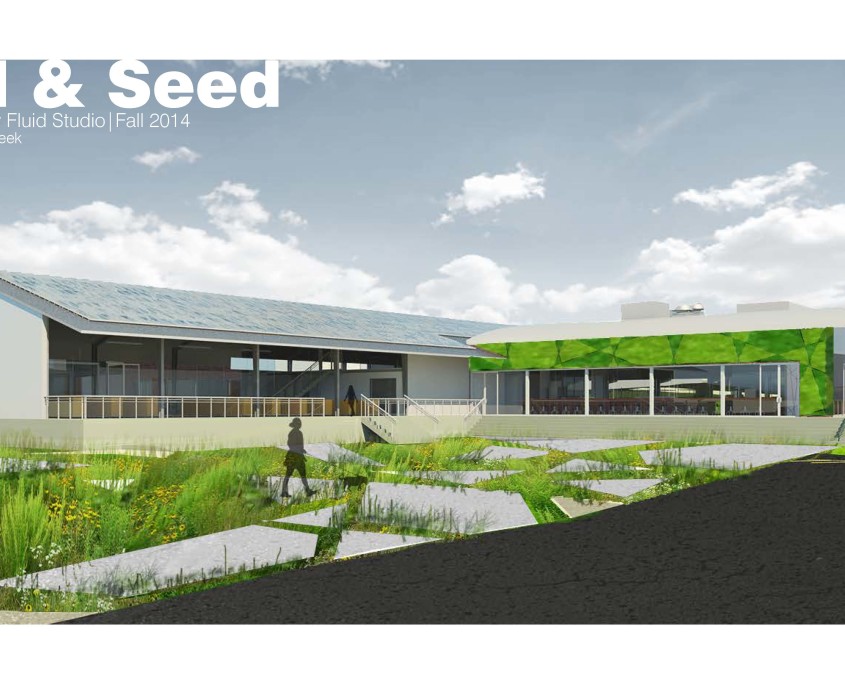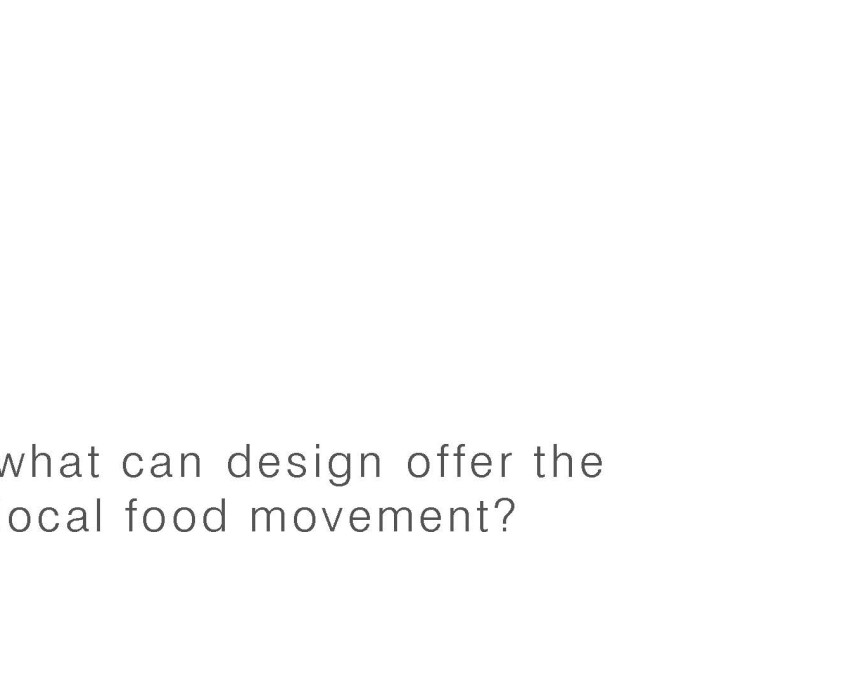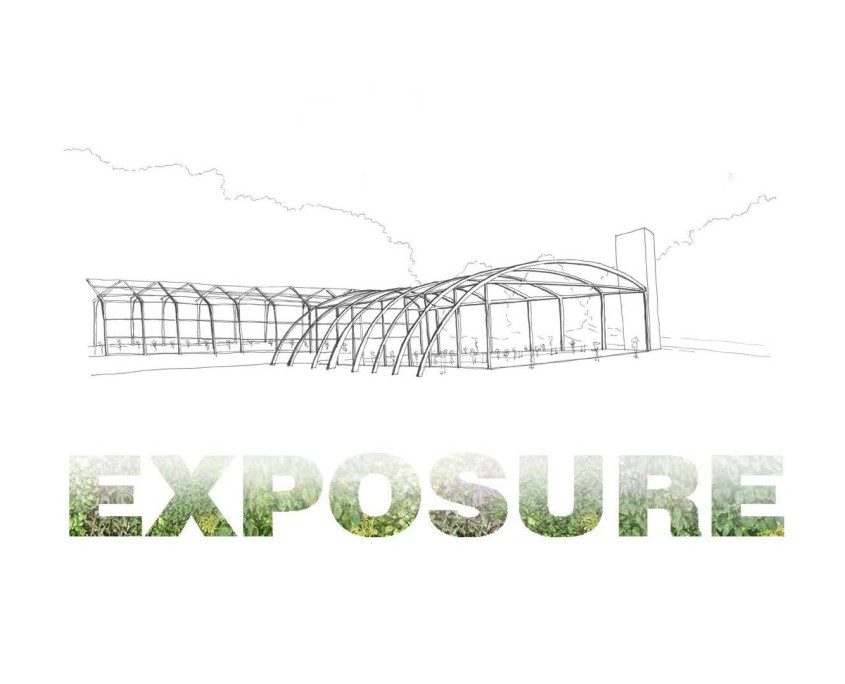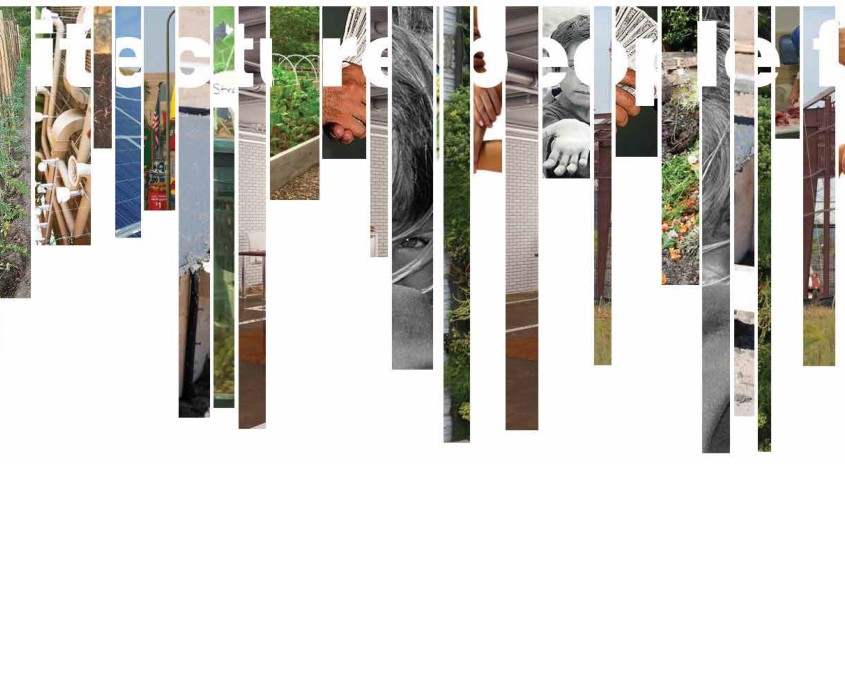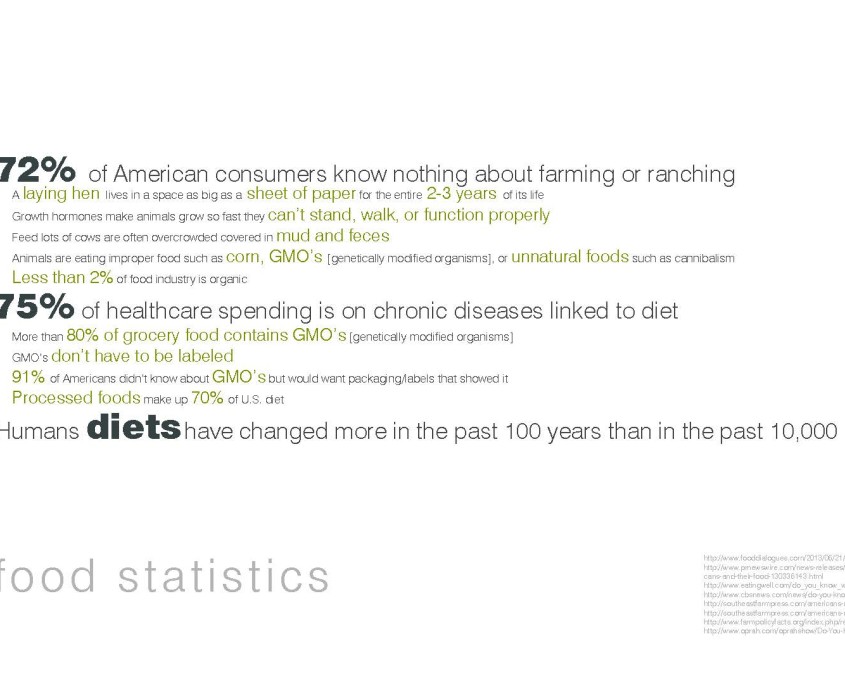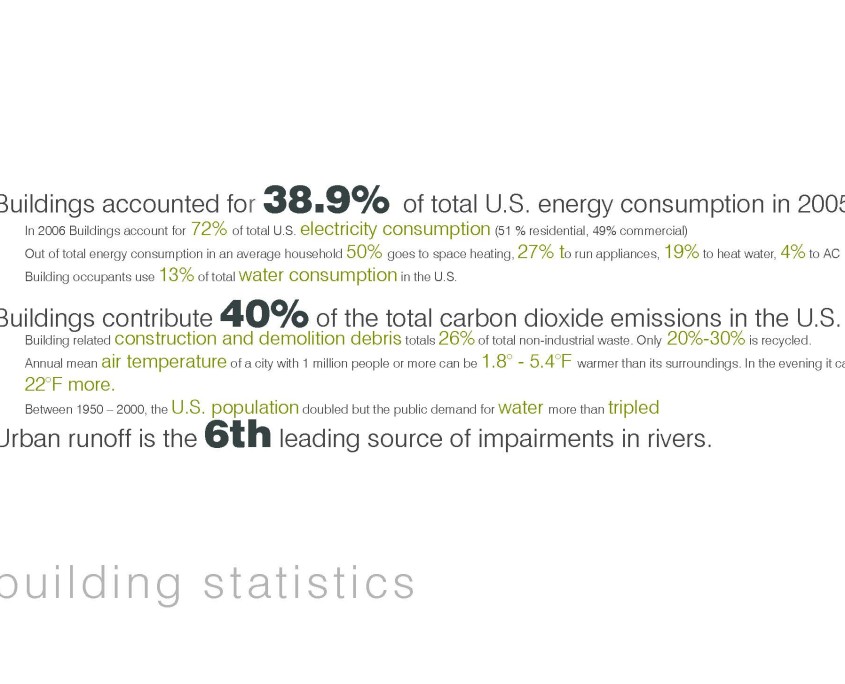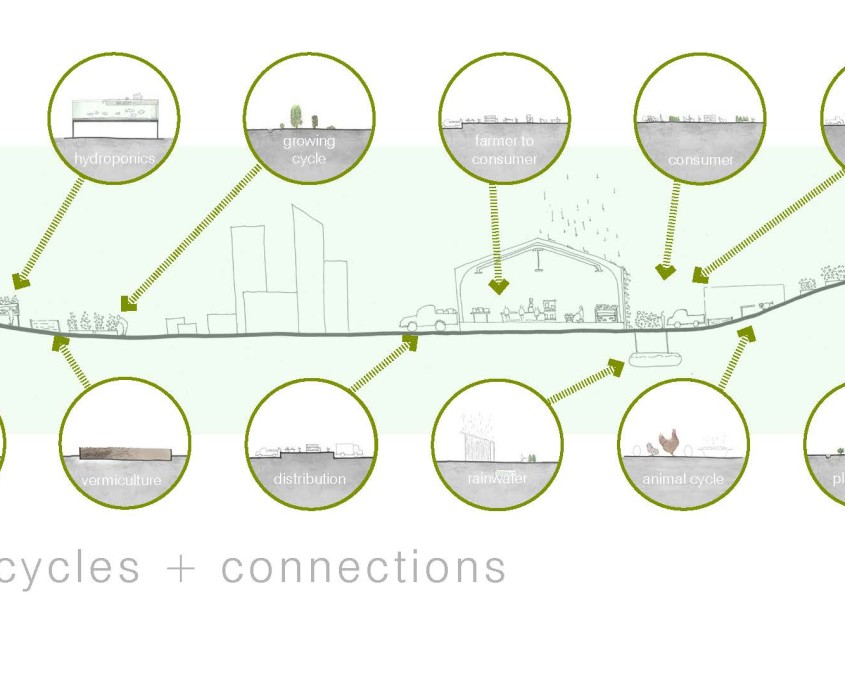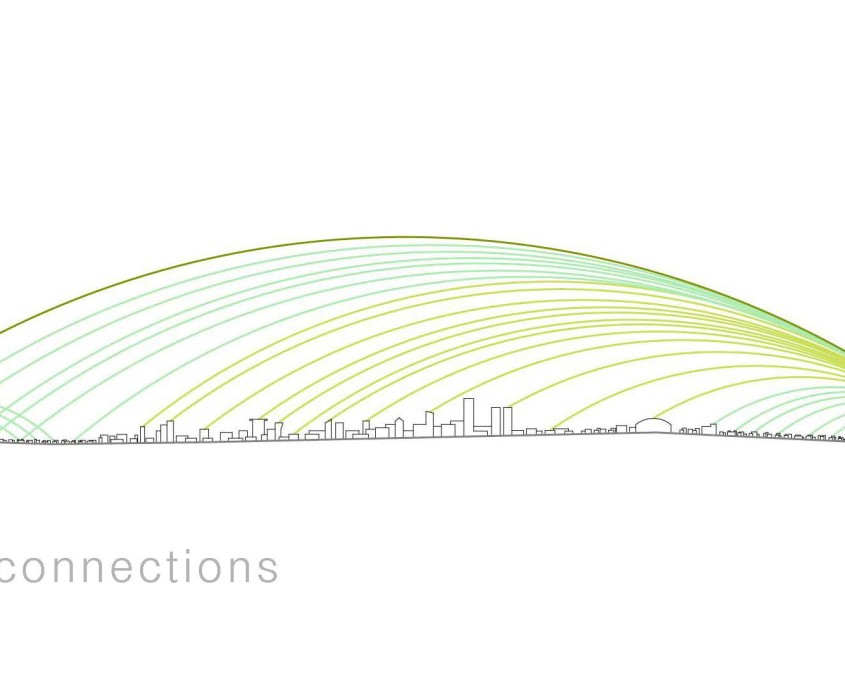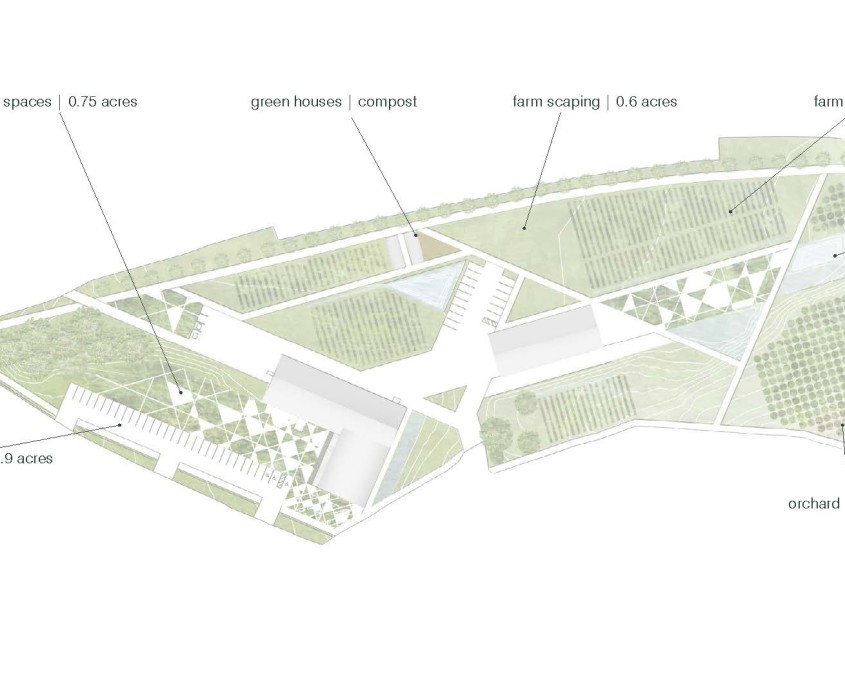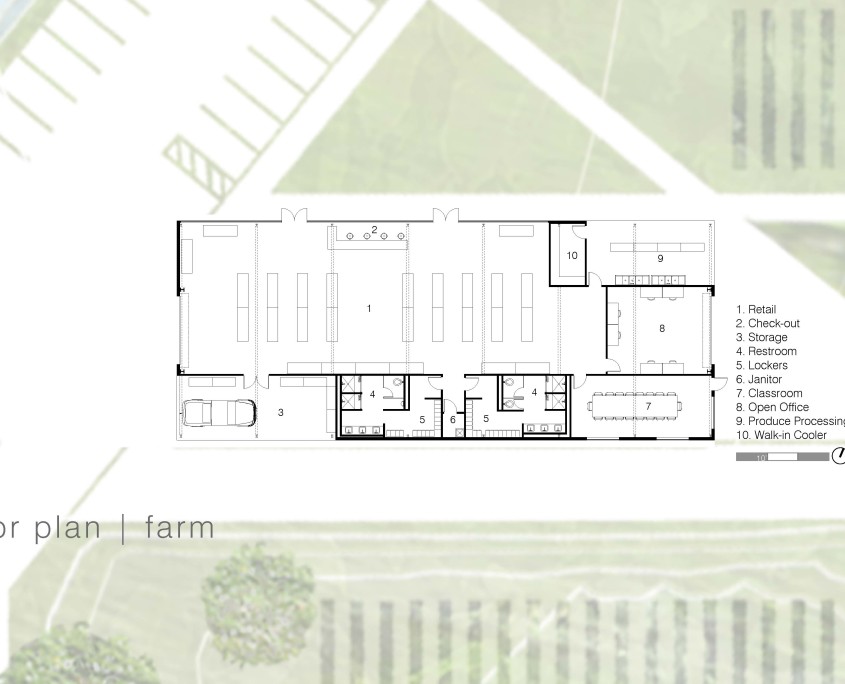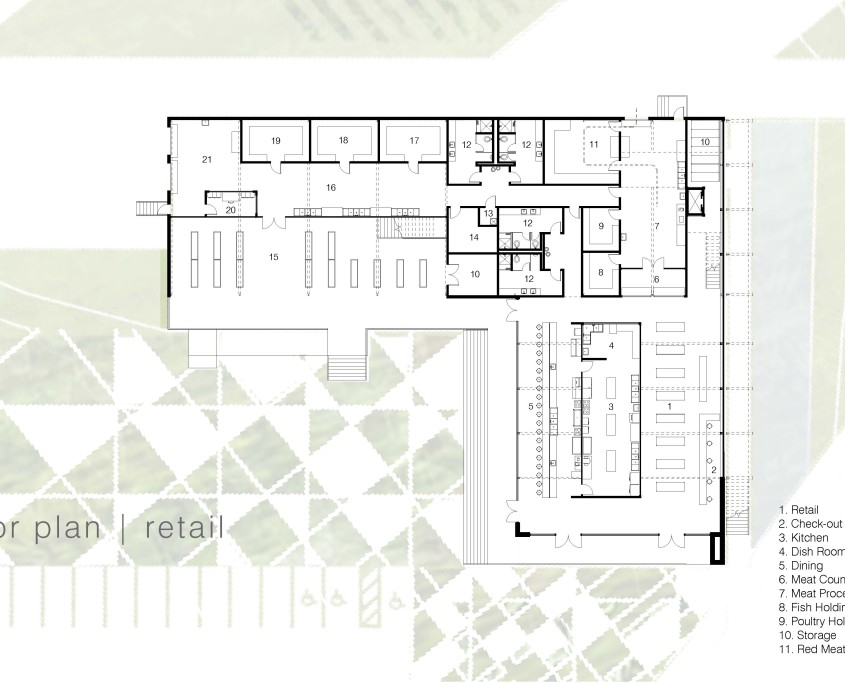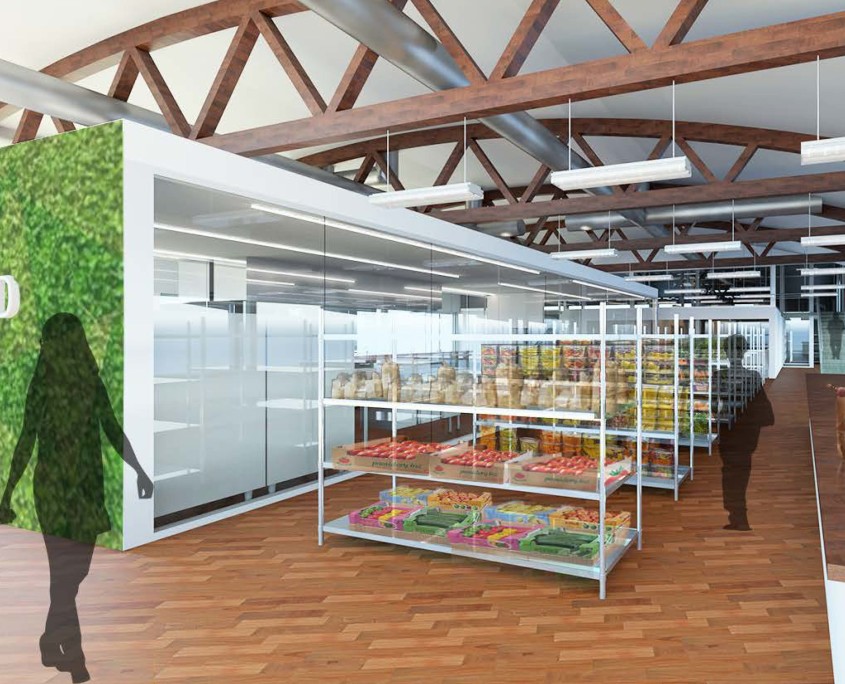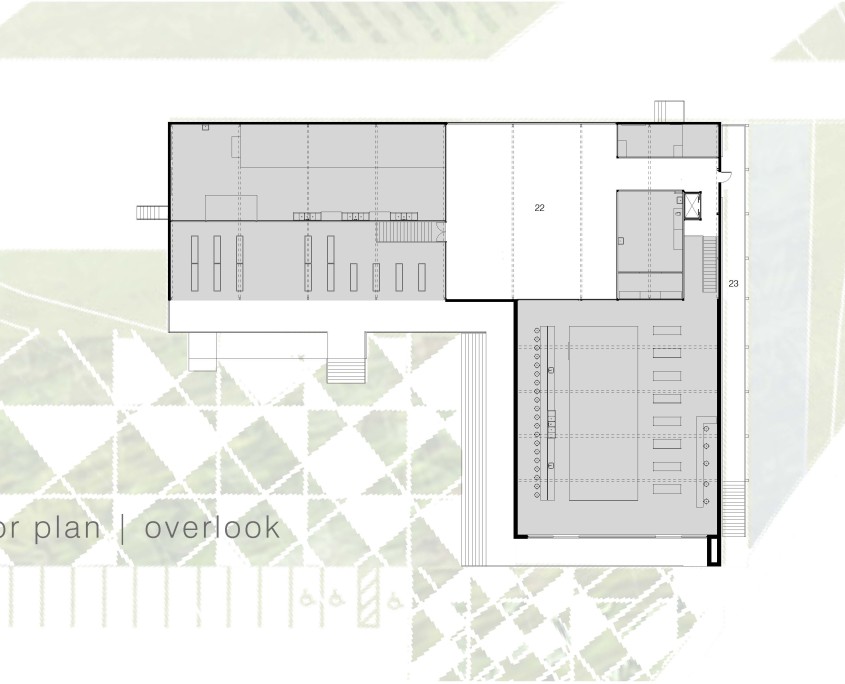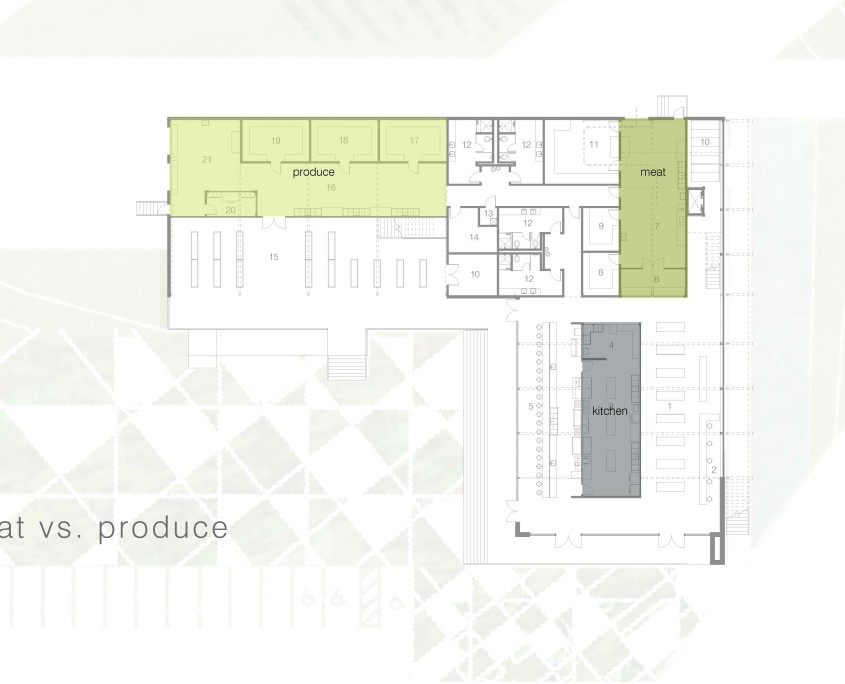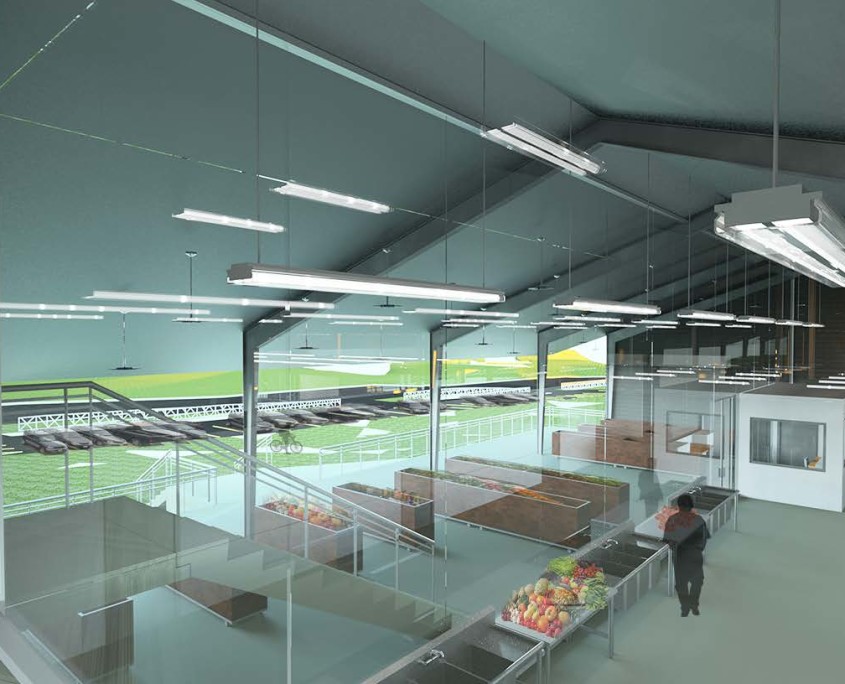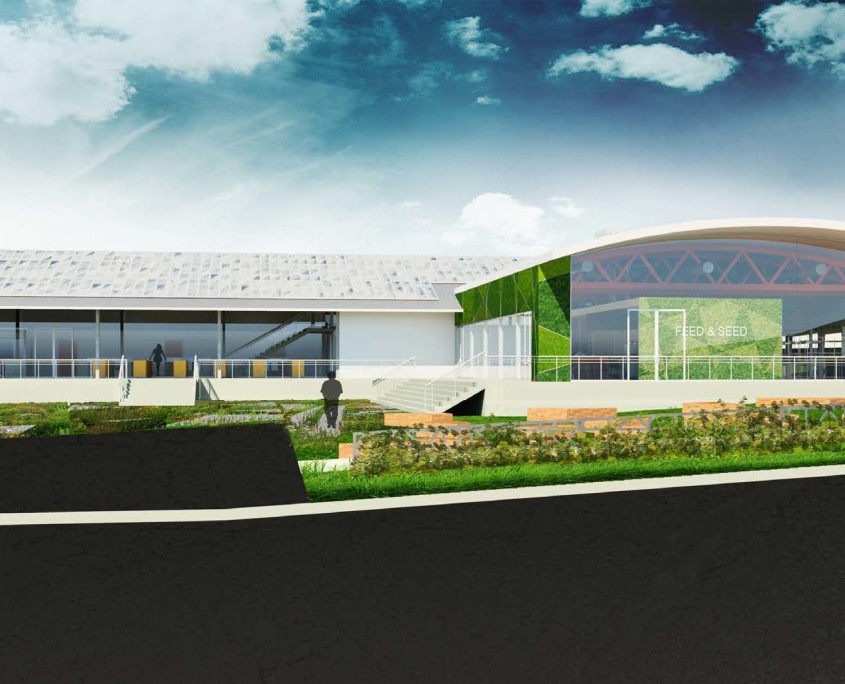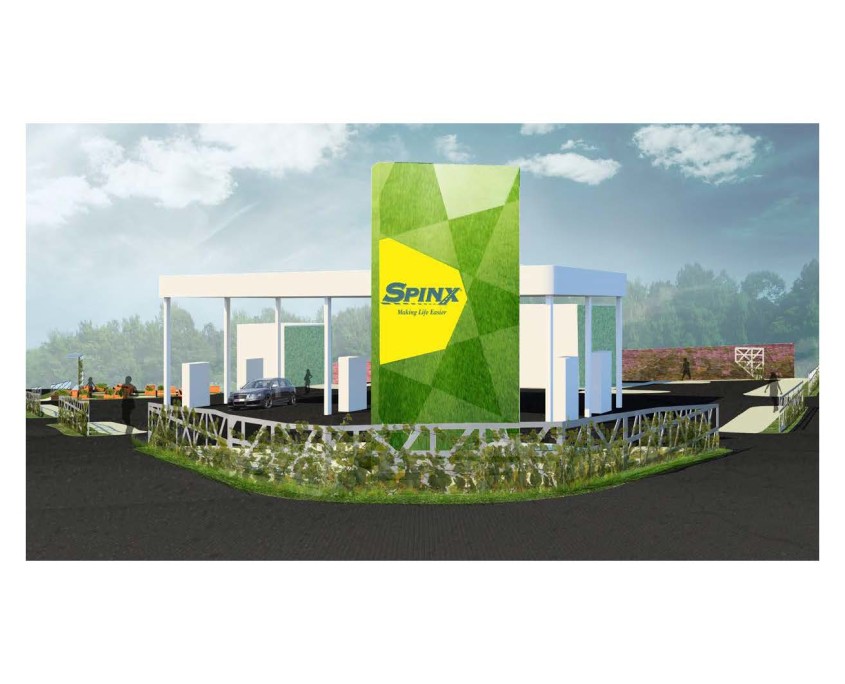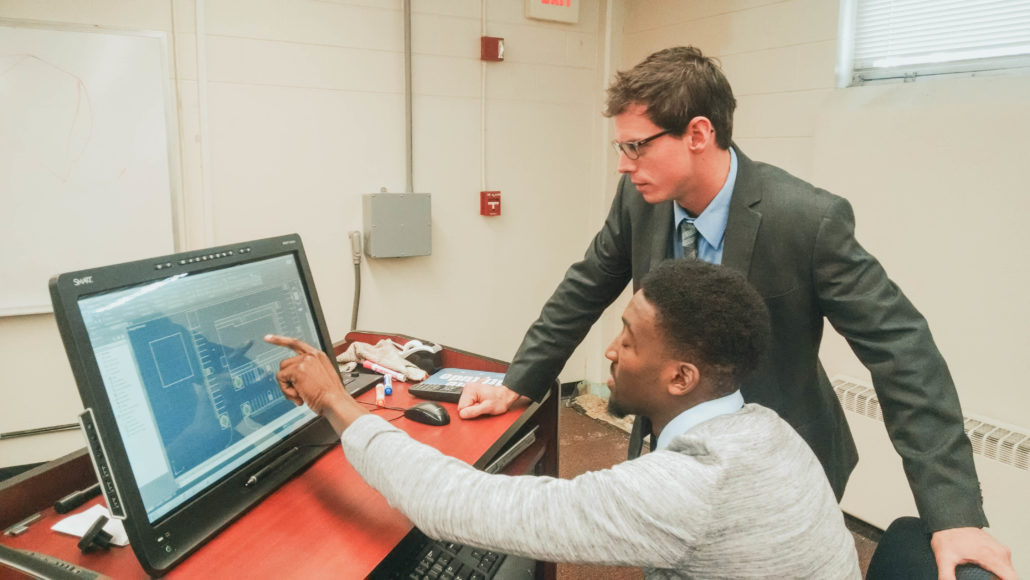
Share This Article!
Related Articles
Digging Deeper for Healthier Communities
By: Nicole Buckart
The Feed & Seed organization plans to build a centralized food hub conveniently located to serve all ten counties in the upstate. According to the USDA’s Regional Food Hub Resource Guide, a food hub is a “business or organization that actively manages the aggregation, distribution, and marketing of course-identified food products primarily from local and regional producers to strengthen their ability to satisfy wholesale retail and institutional demand.” This food hub is an economic development tool to strengthen the market for local farmers by connecting them to what the market demands. In doing so, food is made more local and available at affordable prices. The mission of this regional project is to improve the local food marketplace and create a better bridge between farmers and local residents by making healthy, sustainable foods available in schools, hospitals and other public facilities. Clemson students and faculty from across campus are involved along with other area colleges and universities. Peek explained, “A lot of low-income individuals don’t have access to fresh, whole prepared foods because of area restrictions. So for example, putting community gardens at gas stations can strengthen the local food market, while also creating a healthier environment and educating the community.”
Clemson students from multiple disciplines including communications, health, and marketing have contributed research for this project. For example, Dr. Travers Scott, Assistant Professor of Communication studies, has conducted a survey of Upstate farms and markets with his students in support for this project. Peek’s research is underway to meet this goal along with several other professors and students within the Architecture and Agricultural Department. “Primarily, I have been in charge of compiling information and creating informative presentations and publications.
“Putting community gardens at gas stations can strengthen the local food market, while also creating a healthier environment and educating the community.”
So far, we have been accepted to three conferences to present for Feed & Seed,” said Peek. Sallie Hambright-Belue, a researcher and Assistant Professor in the school of Architecture at Clemson University, and a sustainable farmer herself, serves as one of the design facilitators for this project for the studio that she conducted. Her goal: To focus on the collaboration of architecture and agriculture to design the urban food hub. “When cities are planned, instead of thinking about where our food is coming from, our thoughts are focused on where we are going to live and work. It’s extremely important to know where the food is going to come from because we all eat. It’s on us to be thinking about how places are going to be sustainable,” Hambright-Belue said.
At Clemson, architecture students who are involved with Feed & Seed are vital in the design and construction for the food hub and the community gardens. The Clemson liaison to Feed & Seed,Mary Beth McCubbin, a former faculty member from the Landscape Architecture department said, “There is a real lack of access to healthy local food. We’re better connecting the farmers to the market and the markets to the people. There are multiple, effective organizations doing wonderful work with farmers’ markets, urban gardens, farm-to-school programs, children’s health, education, etc. — we are building partnerships with them.”
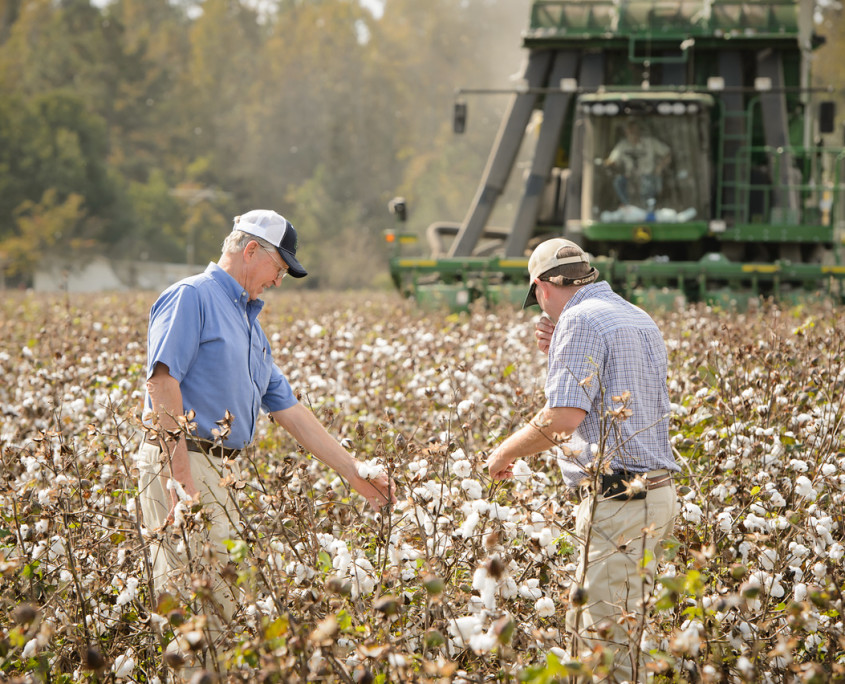
Hambright-Belue and McCubbin share similar goals to ensure there will be a fully operating food hub in the upstate as well as avenues for researchers and students to continue working with and improving the organization. “In all cases, students are learning about the world around them. This project raises consciousness and gives understanding to give whatever gifts we have and use it in a shared way,” McCubbin said. Feed & Seed asks the question: “What can design offer the local food community?” This organization creates an outlet to offer sustainable, locally grown food to educate and build a healthier community. With the design and creation of these urban farms, there will be more healthy and convenient outlets for sustainable food purchases at local gas stations. Instead of the drive-thru burger for dinner, wouldn’t you prefer to know where your food came from?
Feed & Seed provides a solution to this problem with sustainable, local-food coming straight from the farm to your table.
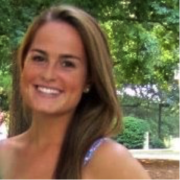
Written By: Nicole Burkart
Nicole is a senior English Writing and Publications major with a Communications minor from Great Falls, Virginia. She is the Athletics Editor for TAPS Yearbook, a member of the Delta Delta Delta sorority, and acts as a student ambassador for the College of Architecture, Arts and Humanities.

